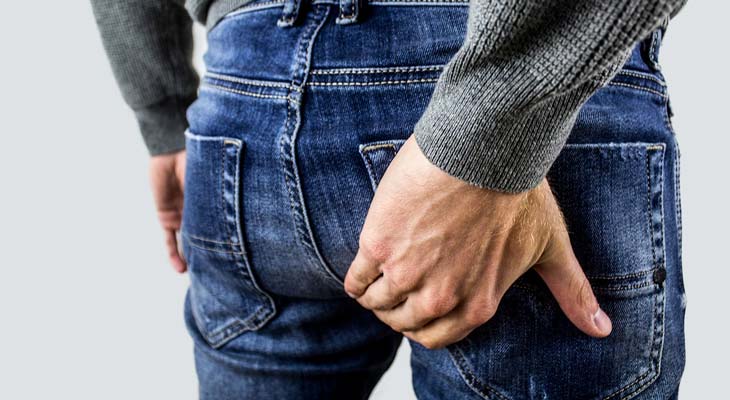If you are suffering from hip pain, you should ideally see a doctor quickly to assess the situation. Some conditions require more urgent attention than others – let us go through some of the common causes behind hip pain, and which symptoms require a doctor’s attention at the earliest.
One of the common reasons for hip pain is osteoarthritis. Symptoms of osteoarthritis involving the hip joint include pain that moves from the hip joint to the knee or buttocks. This pain goes up with activity. Stiffness in the hip may also be experienced, along with a grinding sound when one moves the hip. One’s range of motion can be decreased by osteoarthritis over time, making walking, bending etc difficult.
Another common reason for hip pain is inflammatory arthritis. Pain in the outer thigh, buttocks, knee or groin that is dull and aching is a sign of inflammatory arthritis. Some may feel worsened pain after vigorous activity, while others may feel it after rest. Yet another common culprit behind hip pain is bursitis which is characterized by pain that starts at the hip and then extends to the outer thigh. The pain may go from intense to aching as time progresses. Another common reason for hip pain is muscle strain which is characterized by swelling, tenderness, pain, limited range of motion and muscle weakness.
Now let us look at a few indicators of the requirement of immediate medical attention. If your hip appears deformed, it is a sign that you need to quickly approach a doctor. If your affected leg is not able to move or bear weight, you definitely should see a doctor as quickly as possible. If your hip pain has reached the extent of affecting your daily activities, it is a sign that you should quickly see the doctor. If you have felt the sensation of your hip suddenly “giving out” from under you, you need to see a doctor to assess your condition.
Intense pain and sudden swelling in the hip are again signs that you need urgent medical attention. If home treatments like over-the-counter medication, ice, heat, rest etc have not succeeded, do not delay further and see a doctor immediately. Pain in the outer part of the upper thigh, or in the groin, with flexing or moving the hip leading to pain or discomfort, are signs of hip fracture, in which case you must seek urgent medical attention. The injured leg appearing shorter than the unaffected leg is a sign of a completely broken bone.
Hip treatment or hip joint replacement from a good hospital will ensure that your hip pain never comes in the way of your day-to-day life. For the best results in hip treatment and hip replacement, you should only approach reputed hospitals.
